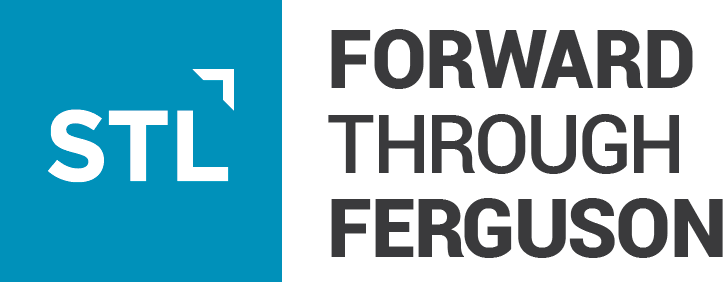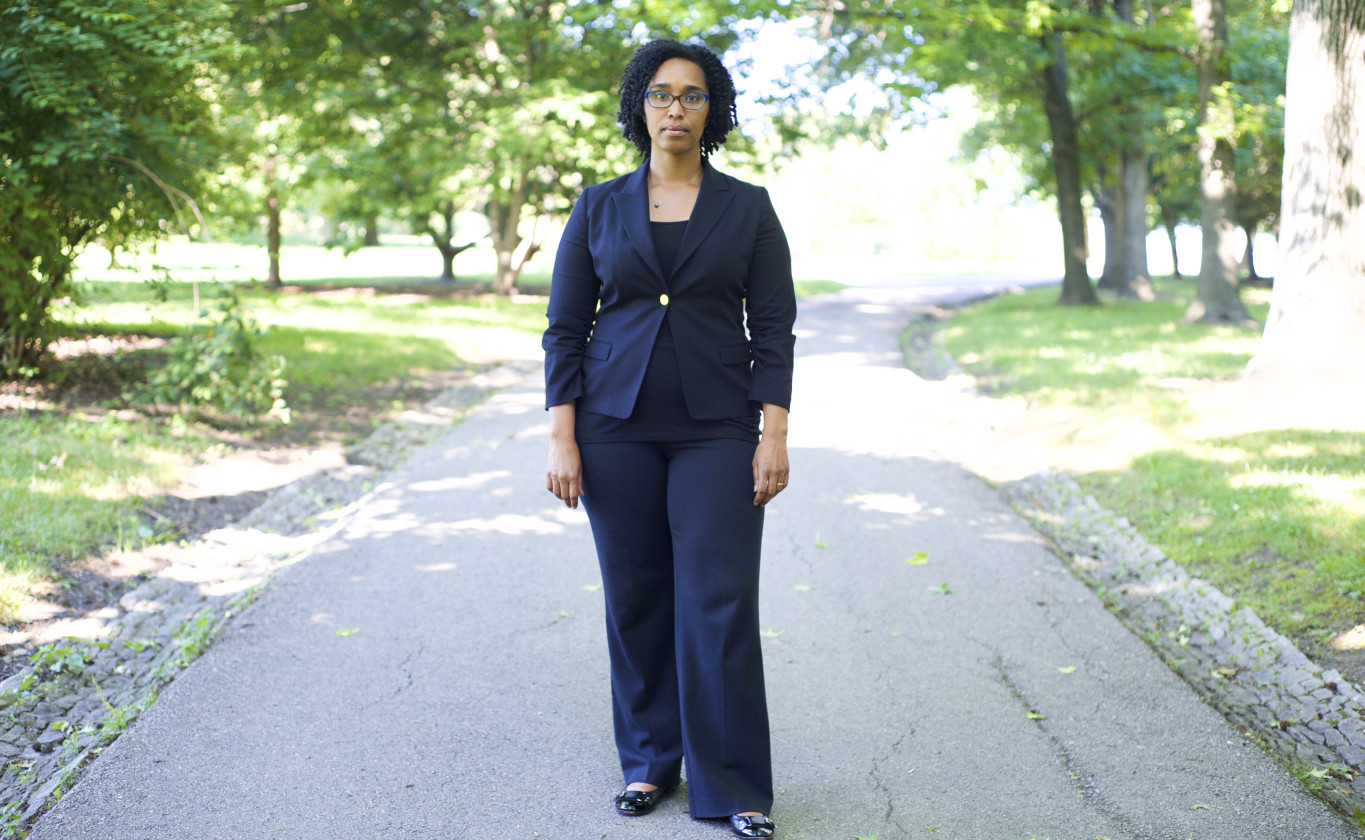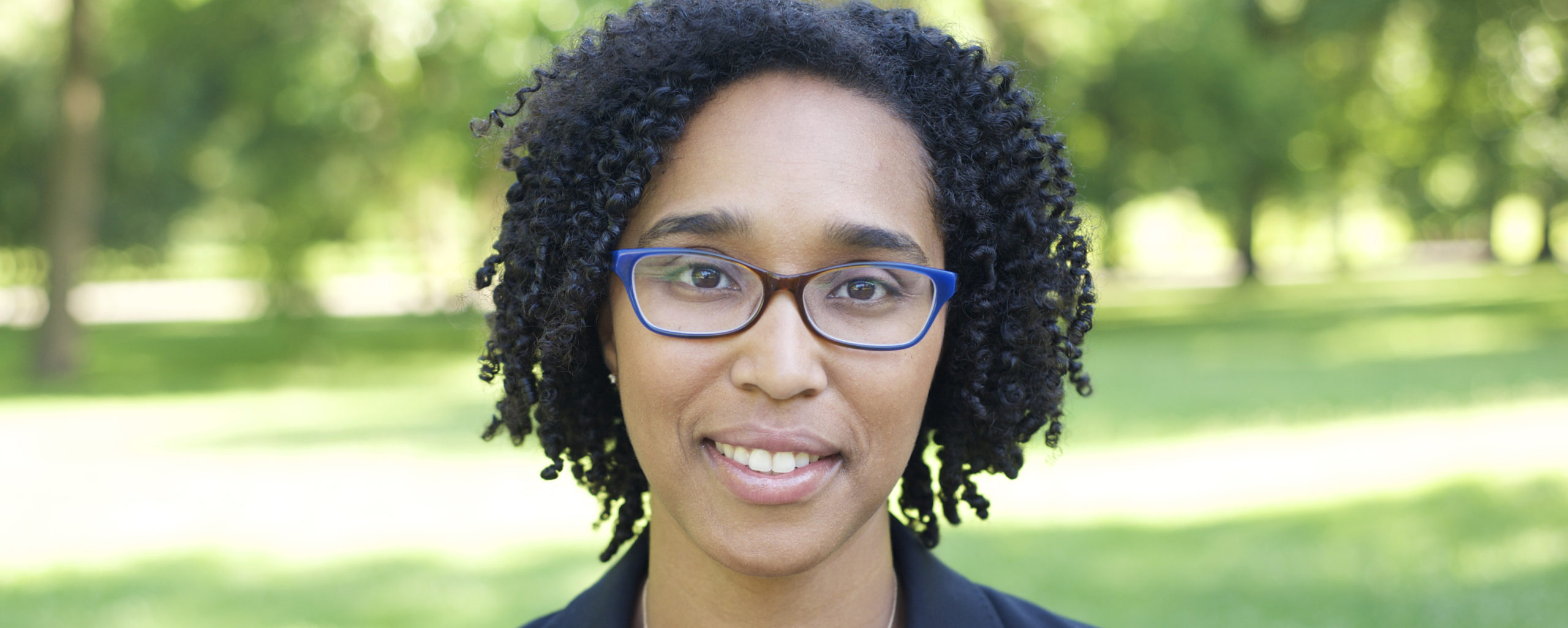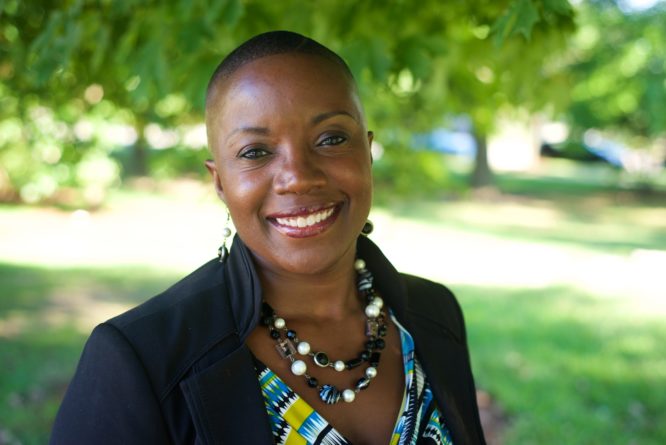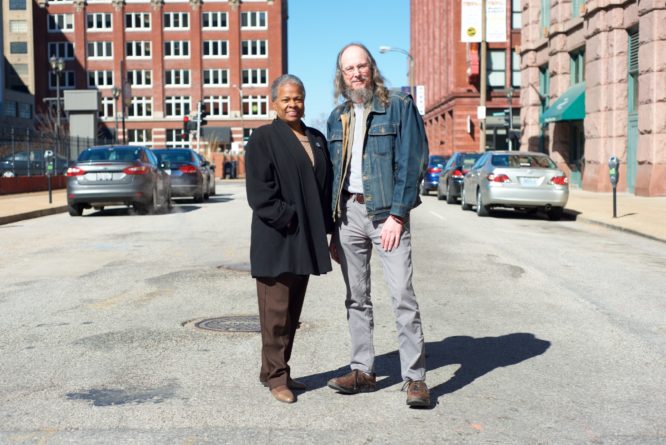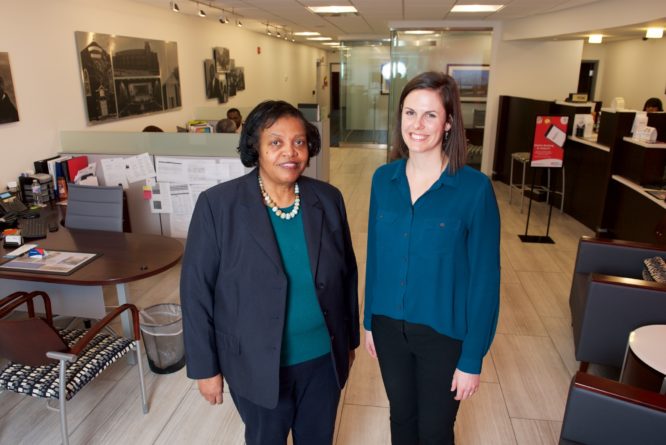The police are left holding the bag for so much of society’s ills. And people assume if you’re involved in the movement, you’re anti-police. My husband’s father is a retired police. He retired as a high-ranking, state police officer. So I feel pretty comfortable saying to my boys, “I’m out here because I want you to have a better life. All police aren’t bad. You have a grandfather who’s a police officer. He’s not a bad person.” But there’s something very broken about the systems we have that has allowed Black and Brown people to be treated so poorly.
You hear the pawnshop glass break, and I didn’t even hear the tear gas pop off the trucks, but my friends had been there before and started running: “It’s tear gas.” So I started running, too. The irony for me is that here I am literally running the streets I run for exercise, near this park that I love, because we had been all treated like criminal elements. It was that moment that I was clear. I have to be out here and bear witness because they won’t believe those kids. Sadly, there’s something about the fact that I have the credentials, that I have the societal status to say, “This happened. It was wrong. And it didn’t have to be this way.” It’s hard to think about how to articulate that because it sounds arrogant. Like, there’s something about me that makes me better that they’ll listen. I’ve tried to be very clear that me seeing that doesn’t mean I think I’m better. It just means I understand the game.
I also have two young Black boys who I pray grow up to be young men and live full lives and not be thwarted by going to the park and being shot or going to a pool party and being detained. I cannot protect them from everything in the world, but I’m out there to decrease the likelihood that they could be treated like that and have it be okay.
Denise Lieberman, Brendan Roediger, Thomas Harvey, and some other lawyers, filed a federal injunction to restrain the police from using chemical weapons on peaceful protesters. The temporary restraining order was a long shot. They didn’t think it would get upheld, that the injunction would happen. It basically said, “Police, you cannot use chemical weapons on peaceful protesters because you’ve used it in this harmful way.” It was that night that made people legally challenge this use of chemical weapons. I hesitated because I thought, “Yeah, I’m not doing anything but telling what happened. I’m not doing anything but telling the truth. It’s not really that special.” But, unfortunately, it was. It was the fact that when I was on the stand, they couldn’t pull up whatever previous charges or alleged action to try to say, “This is that criminal element and we’re justified to dehumanize and treat them poorly.”
They asked me something about, “How I was involved?” Or, “Where was I?” I was out as a de-escalator, as a psychologist, and also as a person who has researched racism and discrimination for almost 20 years. The judge stopped and said, “What is a de-escalator?” So I explained, this is somebody who, knowing that things can sometimes get heated between protesters and police, or between protesters, or protesters and bystanders, that you’re there to not control people, but try to make sure things stay focused on the point at hand. So I gave her an example of that night. There was a woman who was so angry and so hurt. She stood there and yelled at police from across the street when they were directing traffic off the highway at 44 and Grand. And I talked about how I was present. I didn’t stop her. I can’t stop her from having her emotions. The police weren’t engaging her. So it was more to be present, to use my crisis intervention and clinical skills to be helpful. I wasn’t needed, necessarily. And most of the time you’re not needed.
I feel like my role in the movement is intricately linked to my role as an educator, because I research discrimination and how it affects mental health. I research systems of oppression and how people cope with it. And there was a moment when I was on the stand, where the guy who came in to cross-examine me basically asked what to call me. He was like, “Ms. Banks?” And I said, “Dr. Banks.” It was funny. I didn’t think anything of it. But afterward, everybody was like, “Ohhh, slam! You totally put him in his place!” I don’t walk around demanding people call me that, but I had underestimated what that did in the courtroom and the fact that I was showing that I was educated. I studied these issues. I also have two young Black boys who I pray grow up to be young men and live full lives and not be thwarted by going to the park and being shot or going to a pool party and being detained. I cannot protect them from everything in the world, but I’m out there to decrease the likelihood that they could be treated like that and have it be okay. So to show all those depths and layers of me, in a way, they couldn’t do anything but ask me about my experience. And they didn’t challenge me.
I was out as a de-escalator, as a psychologist, and also as a person who has researched racism and discrimination for almost 20 years.
I know there are some people who say, “Well, I don’t want to be associated with that,” and I guess my response would be that there are young people who have the guts enough to say what all of us who have been working in our various fields have known for decades. That black lives matter. That systemic racism and police brutality are not okay. We’ve all known that in our various corners of the world. Some of us actively fighting against it. And now we have a generation of young people poised to put pressure on our institutions to change things drastically. I think we owe it to them to be standing shoulder to shoulder.
In my classroom, it took over our class. I taught an Engaging Diversity class in the fall. It basically became a Ferguson 101 class. There were a number of faculty on SLU’s campus who were adamant and they set aside a day of dialogue to talk about Ferguson. Some faculty swore they didn’t have time in their syllabus. Some of them felt scared out of their mind and didn’t know how to touch it. Some of them, you could argue, either because of their own defensiveness or their own value systems, felt like it should not come into the classroom. From the education standpoint, it should come into the classroom. If we’re trying to engage students in being critical learners, you miss an opportunity if there’s something happening around them to not leverage it. So there were students who told me, “No one’s talking about it, but you.” Mind you, SLU was occupied, there were people camped out, and there were still professors not talking about it. I think as educators, on a whole, we failed our students and missed an opportunity to model for them how to be critical learners. That doesn’t mean you have to agree with me, but you need to critically understand the issues to understand why people are out there, the historical elements of St. Louis, why St. Louis is structured this way, and how we got here. That is essential.
My research examines the experience of discrimination, how it impacts mental health, and also how to improve intergroup interactions. I’m getting an opportunity to apply what I study in real-time. I’ve gotten an amazing opportunity to be a voice at the table in thinking about what would it look like for us to move the needle in terms of race and ethnic relations in our region. Rather than just me theorizing about it, and writing implications in my discussion sections, I have the ear of people saying, “What should we do?” I consult in corporate, nonprofit, and education settings. I often encourage my students to be critical lovers of their institutions, because you have to be willing to ask the tough questions. And if you’ve done your work and due diligence as an institution, hopefully, the answer you get back will please you. But if not, you can work to make it better. This is an opportunity to have a region-wide impact. I don’t wish it on the region, but it’s an exciting time to be doing this work.
We don’t like to invest in these topics. We invest in things like STEM and things we think we can see more clearly. We don’t invest in what we call the soft skills of facilitation and cultural competency.
We don’t like to invest in these topics. We invest in things like STEM and things we think we can see more clearly. We don’t invest in what we call the soft skills of facilitation and cultural competency. They’re less visible. It’s something that people often don’t want to pay the price for. So I’ve started thinking about what would it look like for us to create more capacity around these issues? I’ve always said I wouldn’t mind working myself out of a job. I would love to have people capable of being facilitators and navigating these conversations in so many spaces that they don’t need me. I’m good with that. That would mean I’ve done my job in terms of my ultimate goal for us to be a region that can talk about racial issues and that it does not need to be a conversation about should we be colorblind or should we not? That we’re a region that knows that colorblindness is not the answer but seeing and valuing our differences is a step towards the answer of how we get to Racial Equity. Ultimately, it’s everywhere, but if we’re talking about trying to be a model for what can happen, I’m thinking about what we can do in this region.
The reality is that racism is baked into the way we police, the way we educate, the way we teach history, the way we do media.
